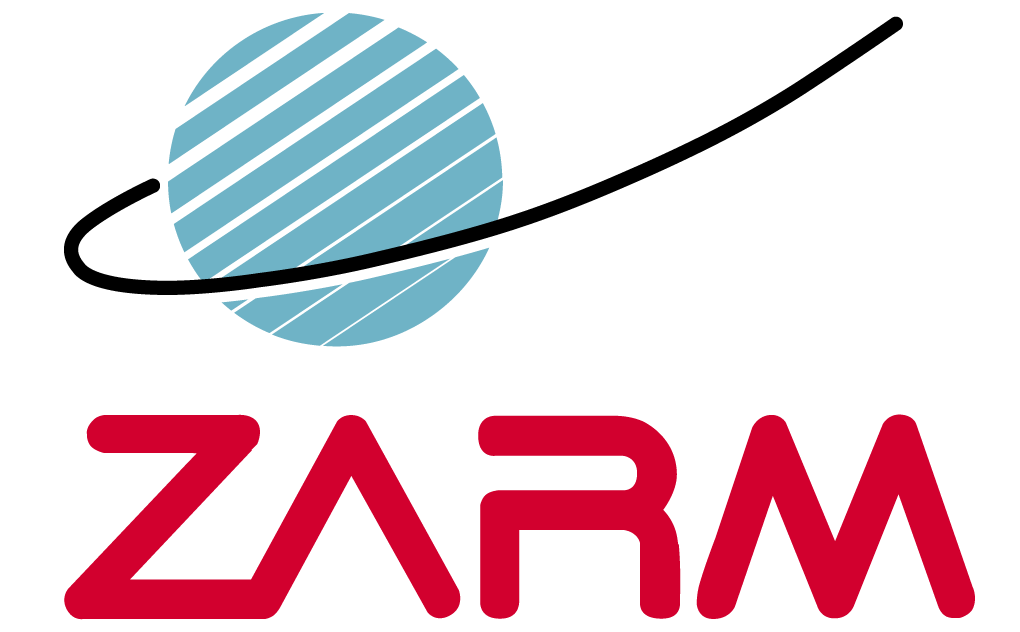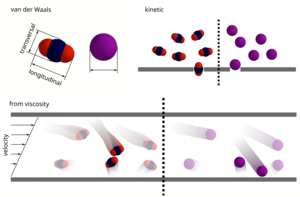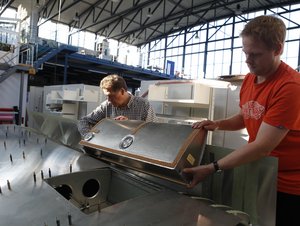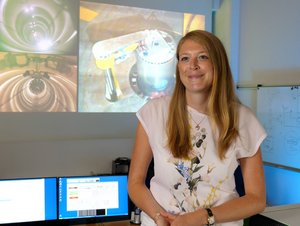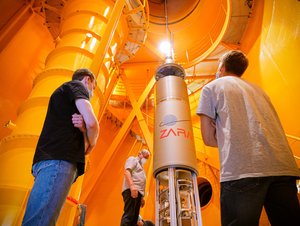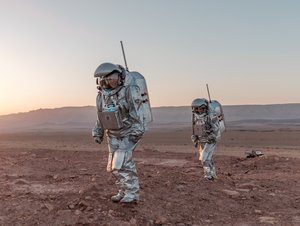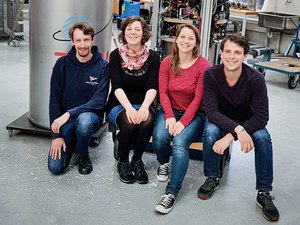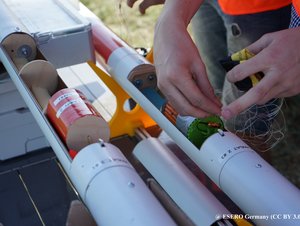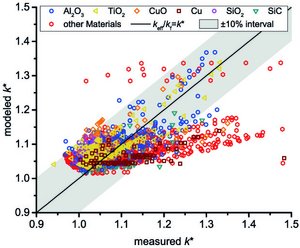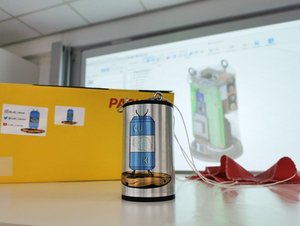News
- | News
More exact measurement of gas molecules
moreScientists from the University of Bremen have developed a new method to determine the diameter of molecules in rarefied gases
- | News
Cancelled: First lift off for students' aircraft
moreCancellation: Ultralight aircraft ZODIAC CH601 XL will not take off from the airfield Rotenburg/Wümme on Saturday, 4th December 2021 at 12 o'clock for its official maiden flight
- | News
New field of research at ZARM
moreThe new research group in the field of space exploration is investigating how oxygen and hydrogen can be produced in microgravity using sunlight.
- | News
DroPS Brainstorming: Join the Workshop from 16 Nov 2021!
moreThe DroPS Brainstorming Workshop starts on 16 November 2021 - Join in now!
- | News
Uni Bremen involved in AMADEE-20 Mars Simulation
moreNot on Mars but at the simulated Mars mission in the Israeli Negev Desert, scientists of the Uni Bremen carried out two projects that focussed on the team performance of the crews and the design of airlocks for habitats.
- | News
Extremely long and incredibly cold
moreWhile researching the wave properties of atoms, one of the "theoretically" coldest places in the universe has been created for a few seconds at ZARM, University of Bremen. The temperature record near absolute zero cannot be measured...
- | News
Students experience all aspects of a space mission
moreCanSat Germany is once again inviting students to take part in the CanSat competition and build their own mini-satellite. TheCanSat has the dimensions of a standard beverage can. Launched by a rocket to an altitude of one kilometer, it is to measure
- | News
Open6GHub – University of Bremen Conducts Research on Next Generation
moreExtremely fast, energy-efficient, fail-safe – and extremely complex: The German government is funding research on the next generation 6G wireless systems with up to 250 million euros. University of Bremen experts play a key role in this research.
- | News
Are nanofluids as smart as we think?
moreZARM paper in the Proceedings Royal Society A shows that the potential applications of nanofluids need to be tested on a broader and more detailed scale.
- | News
Observing the earth with a mini-satellite
moreThe launch campaign of this year's German CanSat Explorer competition can be watched live at a digital event.



